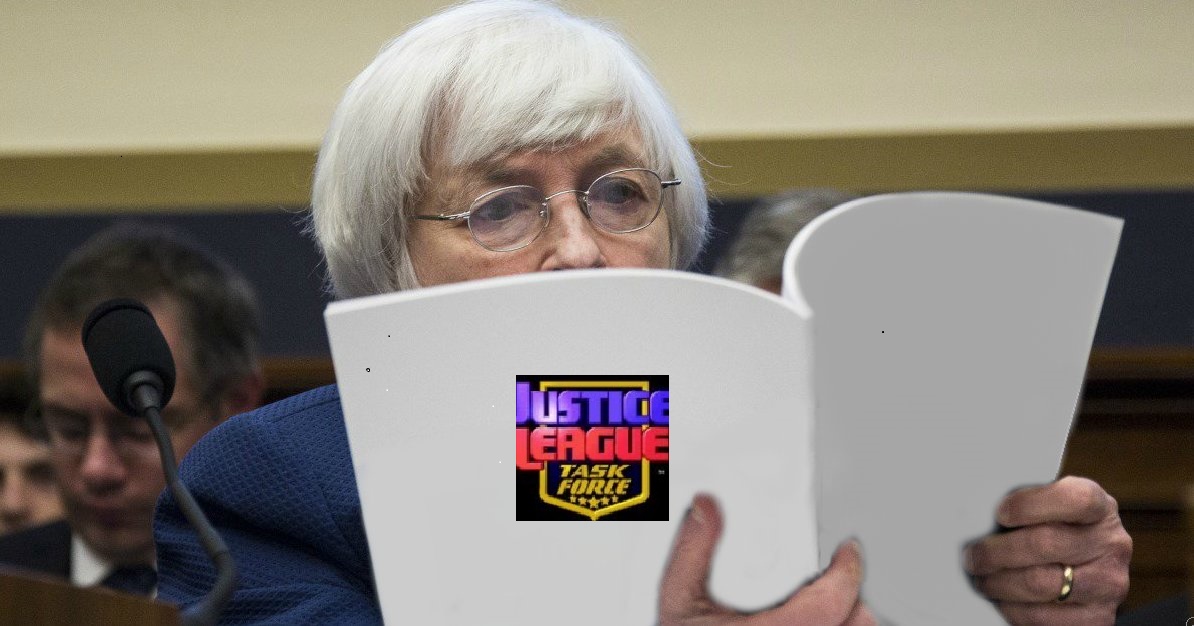Community group Common Ground gathered in front of a foreclosed Sherman Park house Tuesday to publicly criticize Nationstar Mortgage and Bucks owner Wes Edens.
Common Ground said the deteriorating house, located at 2441-43 N. 44th St., was sold by Nationstar in February to Odell Barnes of South Carolina after the group asked to take ownership and rehabilitate it. Nationstar spokesman John Hoffman said Nationstar tried to donate the house to Common Ground in January but the group rejected the offer after months of negotiations.
After giving a speech, Common Ground picked up trash from inside the house, which endured two fires in the past months, put the trash in boxes and delivered it to Edens’ Schlitz Park office. Common Ground said Edens owns Nationstar, while Hoffman said Edens is chairman of the board of directors.
And indeed Edens is on the board for Nationstar. Click here. And interesting enough Nationstar is controlled by Fortress Investment Group. And who owns Fortress Investment Group? Wes Edens. Click here and here.


